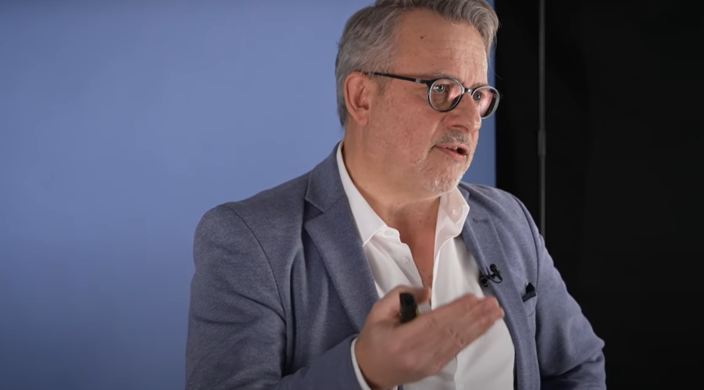Key Ideas
• Empirical evidence shows that trade-throughs are quite frequent and are prejudicial to market entrants.
• There is a negative cross-sectional relationship between the frequency of trade-throughs and market entrant competitiveness in terms of liquidity supply.
While national stock exchanges had enjoyed virtual monopolies of their respective markets, increased competition raised numerous questions and generated revisions of market regulations. Hence the recent Regulation NMS1 in the United States and the MiFID2 in Europe. Transaction-related matters have been a major focus since 2006, but a crucial question has remained unanswered. What exactly are the benefits and costs of inter-stock market competition? Foucault and Menkveld’s study provides a preliminary response.
Insight from the Eurosets launch
In November 2007, the MiFID put an official end to national monopolies of European stock markets. The London Stock Exchange (LES) had anticipated this measure and therefore launched EuroSETS in 2004. This electronic trading venue was conceived to boost competition on the Dutch stock market and was almost identical to NSC, the Euronext electronic trading platform. EuroSETS consequently represented a fitting subject for empirical research on the impact of competition between stock trading structures (see insert “Research Method”), and its launch enabled Foucault and Menkveld to investigate whether “switching from a centralized limited order book to a more fragmented environment impairs or improves liquidity.” More specifically, the researchers undertook to answer the following questions:
• Does the centralization of order flow improve liquidity? Does competition between stock markets lead to an increase in liquidities on the markets?
• Should limited orders be protected from trade-throughs? Do traders have sufficient incentive to seek out the best prices?
Trade-Throughs as means to evaluate market liquidity
On a fragmented market, orders are frequently executed at prices that are worse than the best quoted prices. Indeed, traders often pay more for stock shares than the best market rate would require, because they tend to prefer one specific stock exchange to others. This practice is referred to as a violation of price priority or trade-through, and despite a lack of empirical proof, stockbrokers generally consider that trade-throughs discourage liquidity supply. Foucault and Menkveld have tested this intuitive belief using a model presenting two hypotheses:
• The launch of EuroSETS should deepen the consolidated limit order book (the sum of books across markets).
• There should be an inverse correlation between the liquidity of EuroSETS vs. NSC and the frequency of trade-throughs.
Competition and market liquidity
The researchers frequently observed trade-throughs that were detrimental to market entrant EuroSETS. They show that even when EuroSETS prices were better than those listed on Euronext’s NSC, only 27% of purchase orders for the stock shares in their sample were executed on EuroSETS. Foucault and Menkveld explain this phenomenon by the absence (at the time they conducted their study) of smart routing systems based on available liquidities in each order book. They subsequently focused on the relationship between the frequency of trade-throughs that penalize EuroSETS and its liquidity. They show that there is a negative cross-sectional relationship between the frequency of trade-throughs disfavoring the market entrant (in this case, EuroSETS) and the competitiveness of the trading venue in terms of liquidity supply. That is, the EuroSETS bid-ask spread relative to that of NSC is significantly smaller for stocks with a large proportion of smart routers and EuroSETS contributes more to consolidated depth for these stocks.
1. Regulation NMS was announced in June 2005 by the US Securities and Exchange Commission (SEC). It consists of a series of initiatives designed to modernize and strengthen the American stock market.
2. Published in April 2004, the MiFID (Market in Financial Instruments Directive) provides new regulations for markets in financial instruments.









